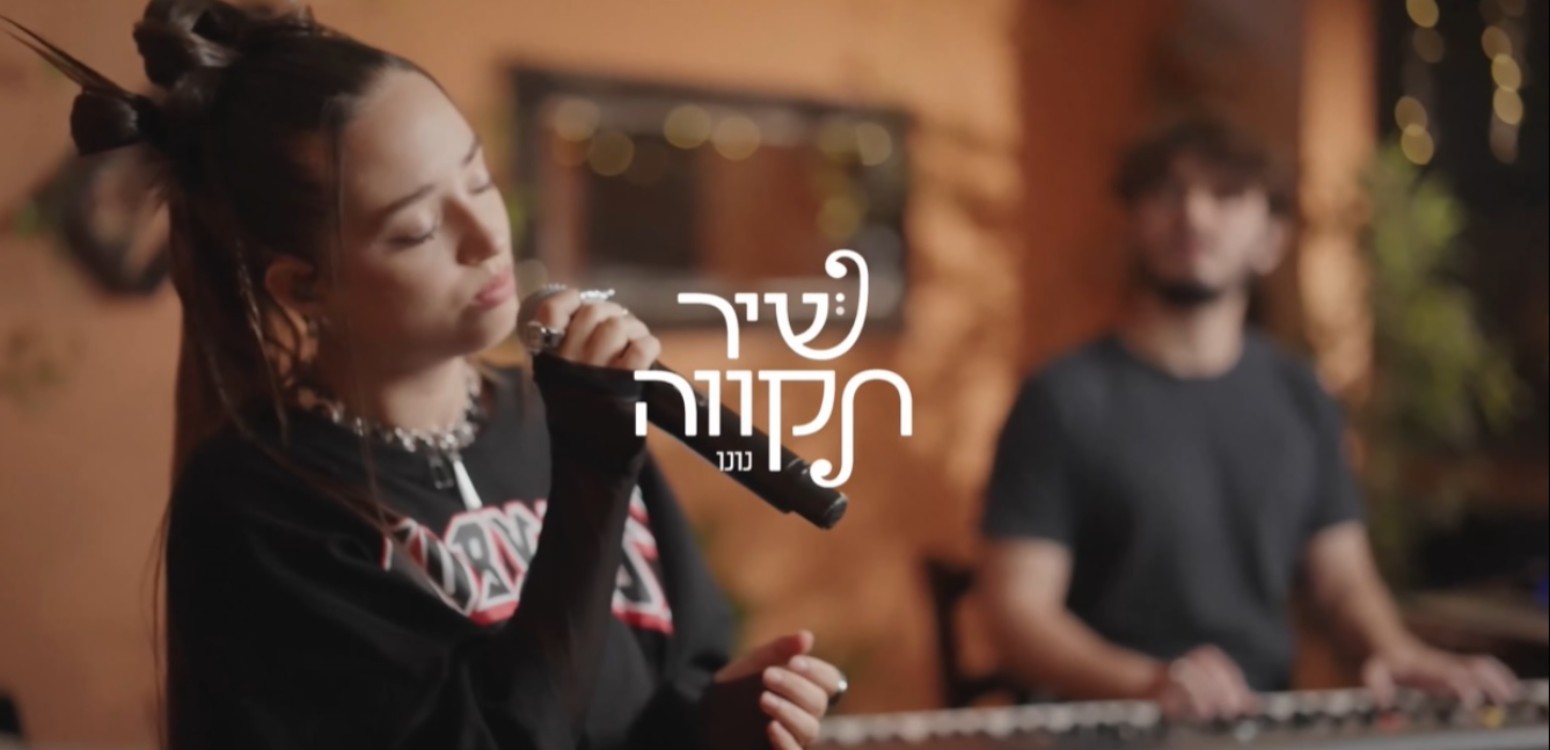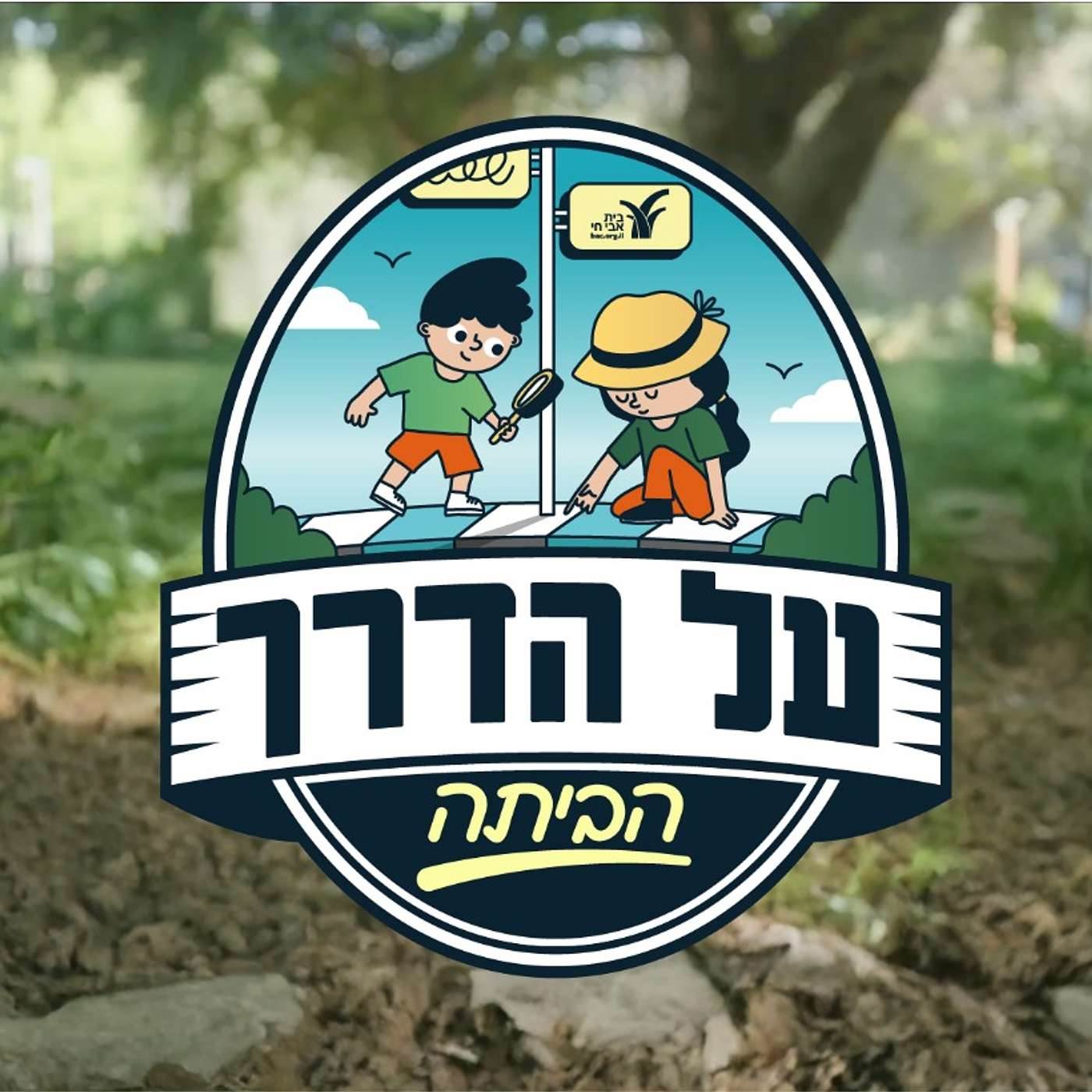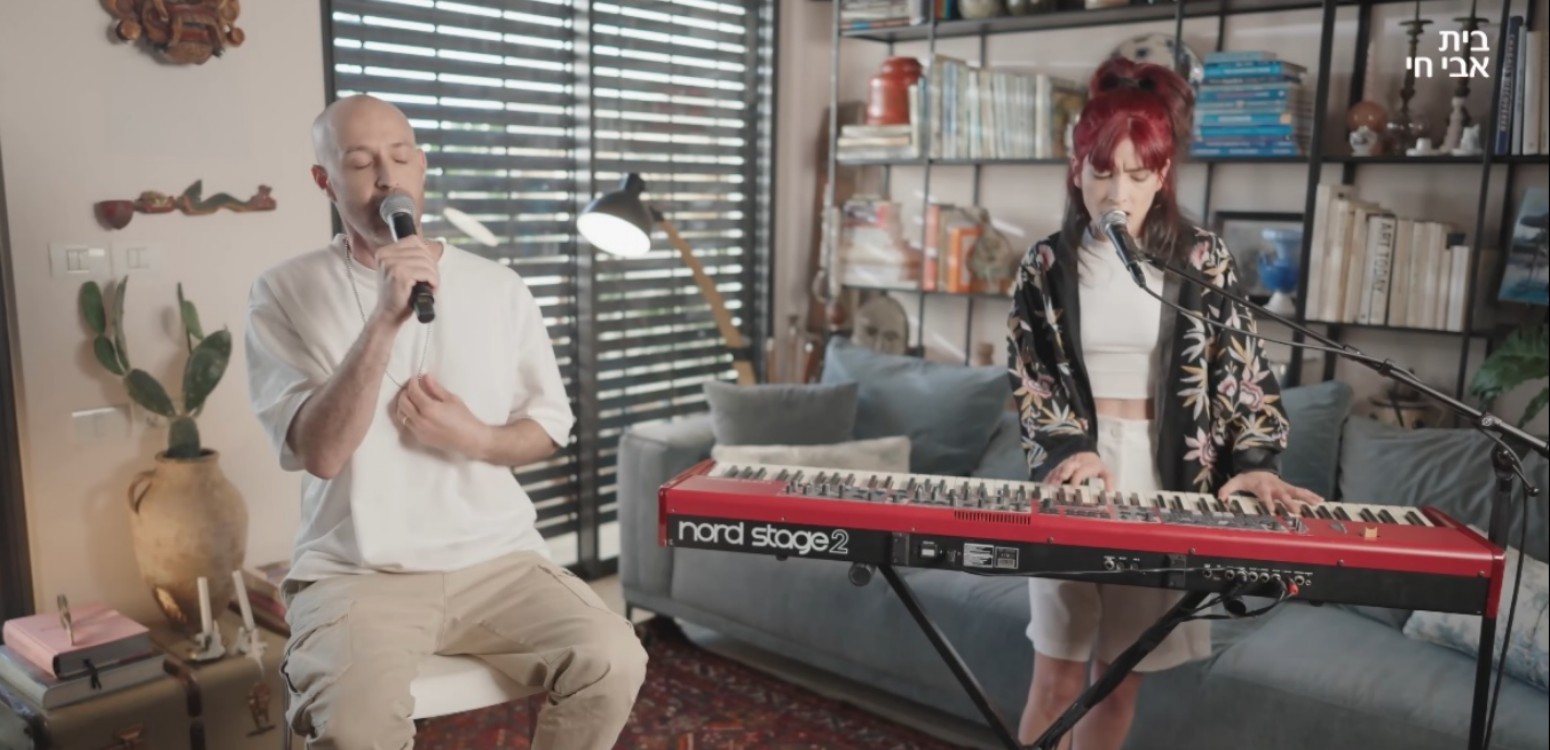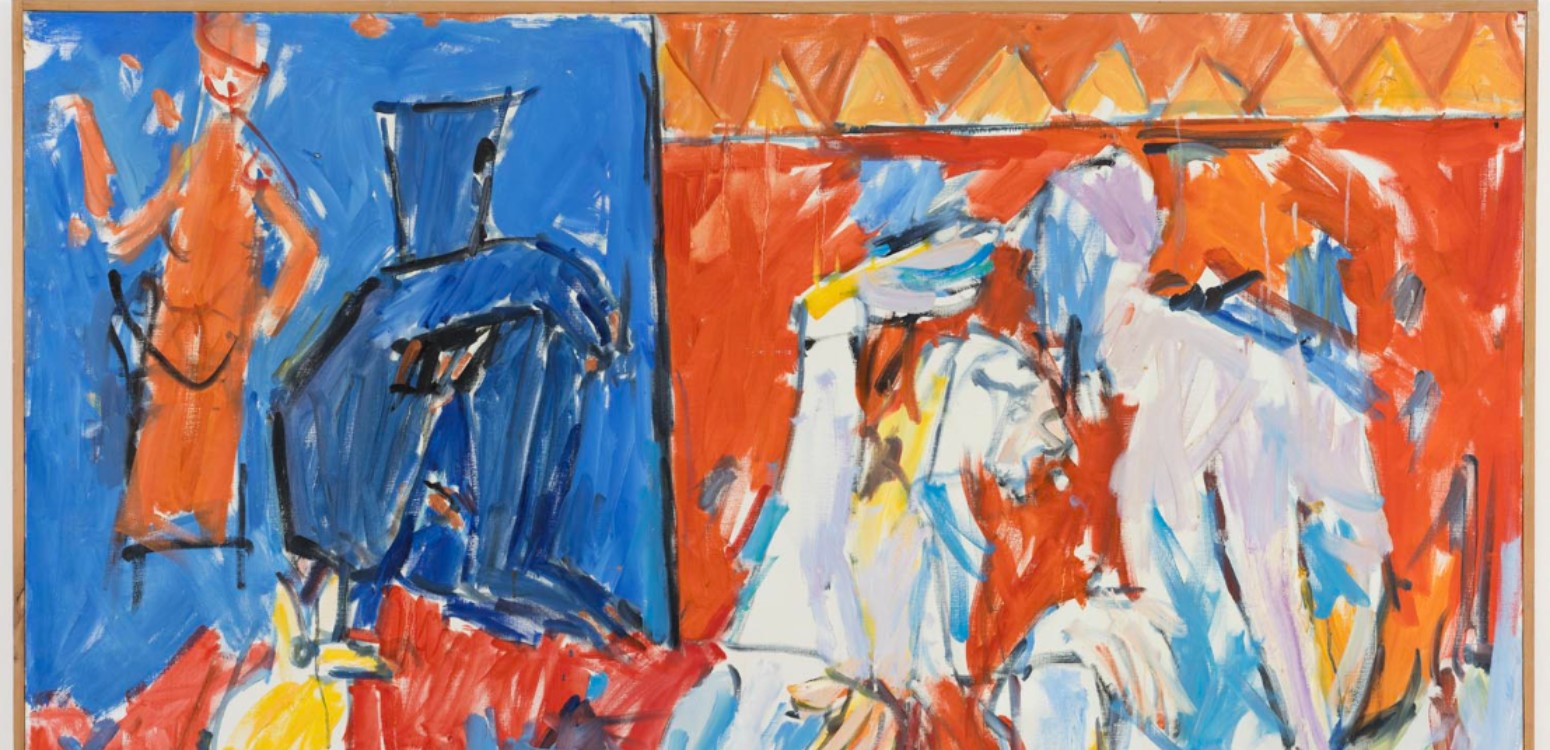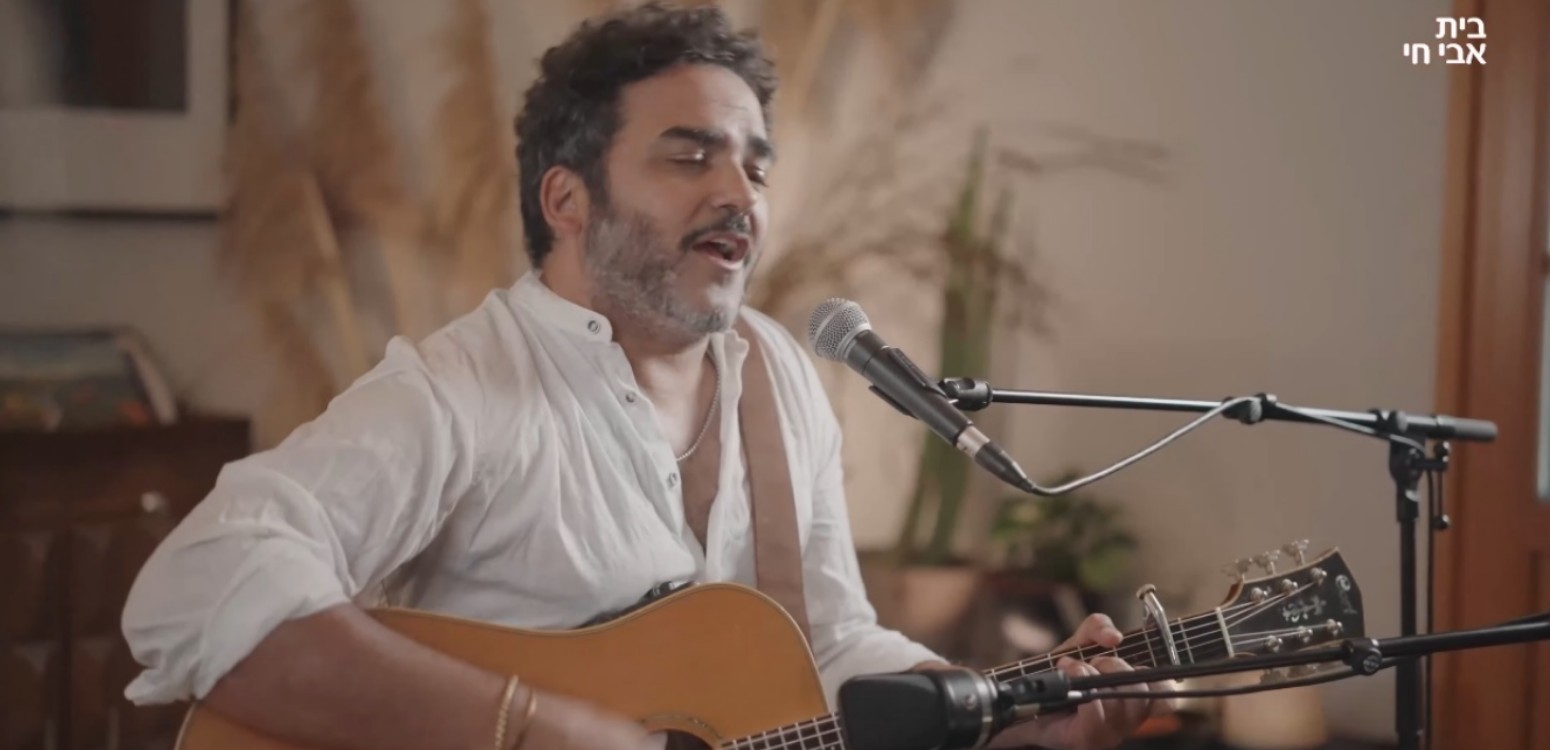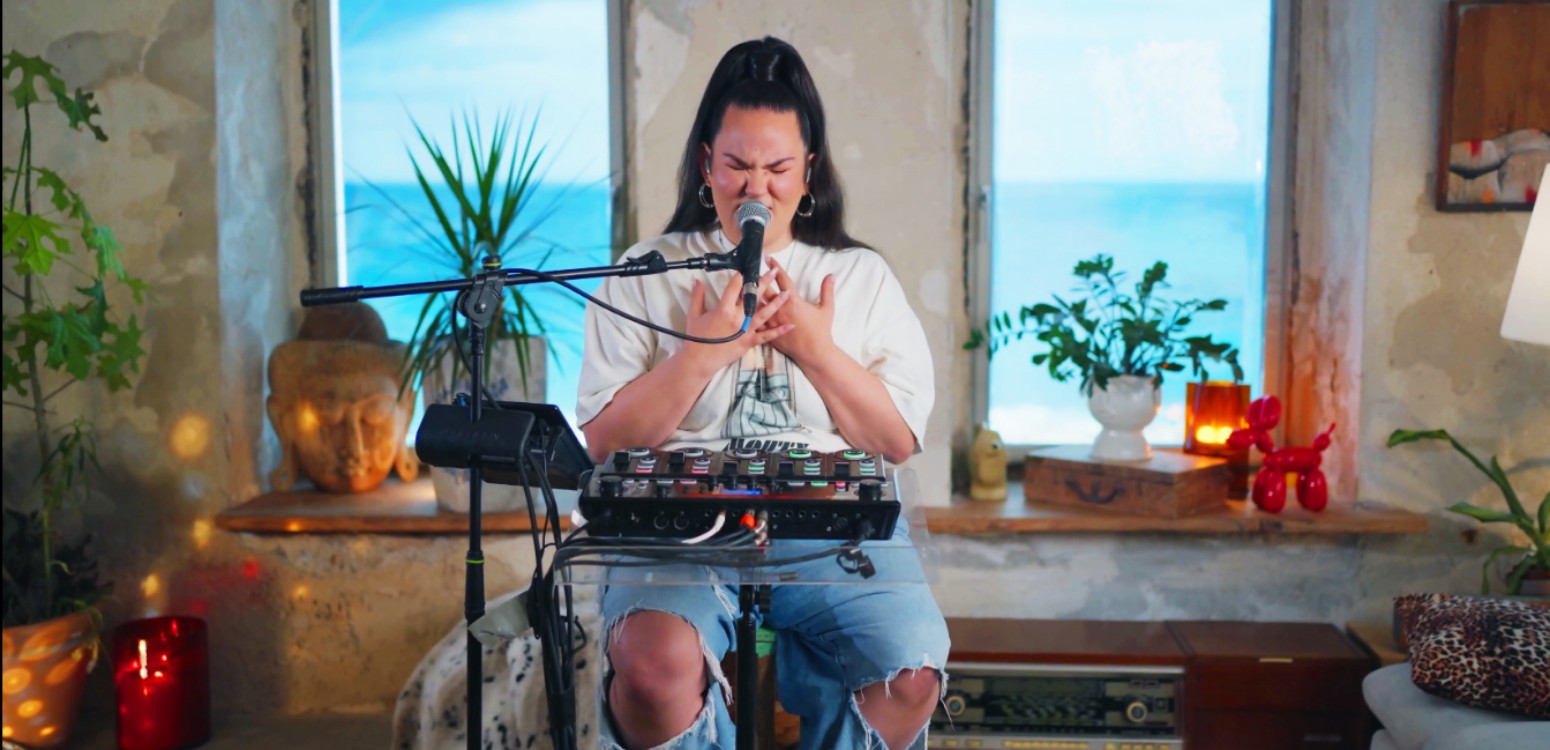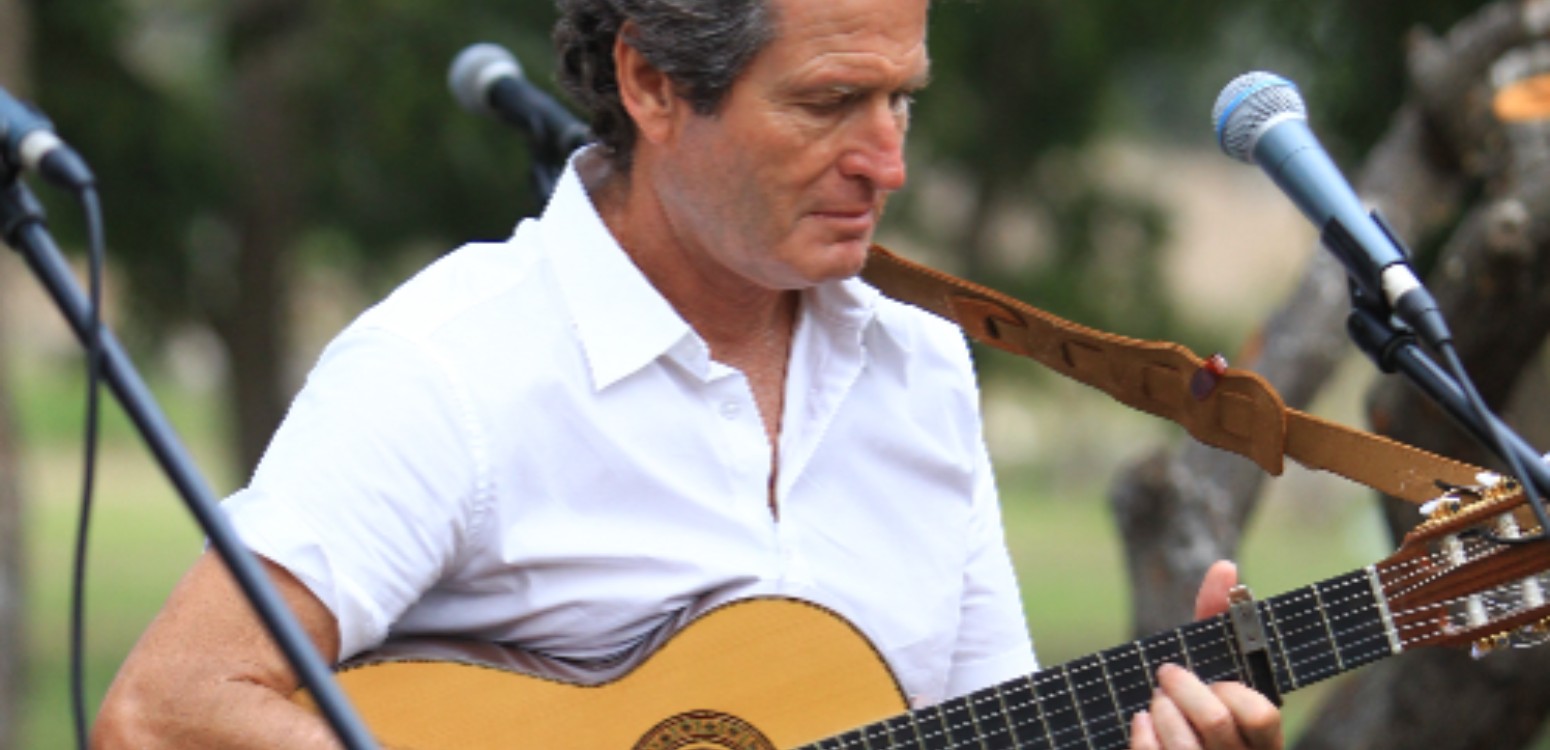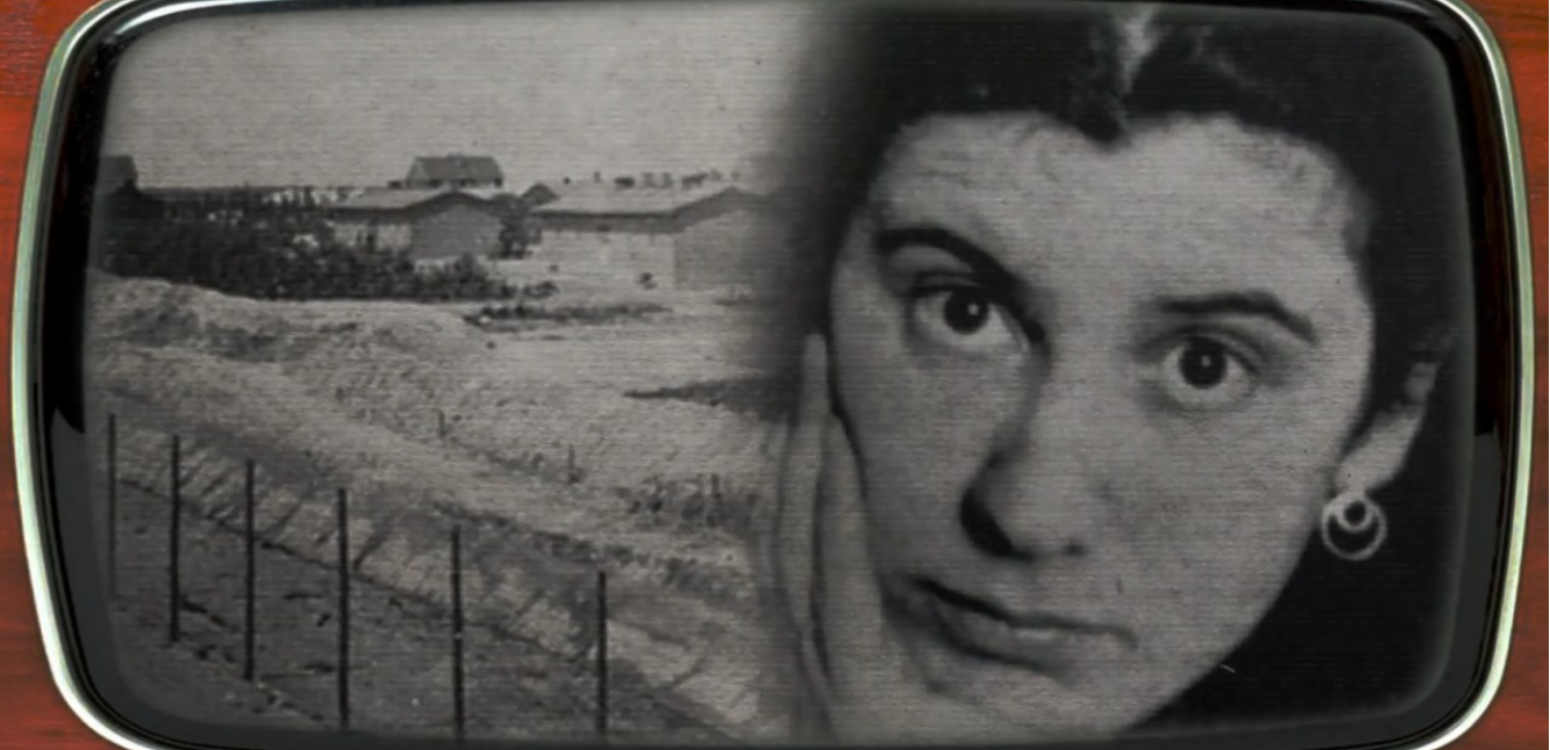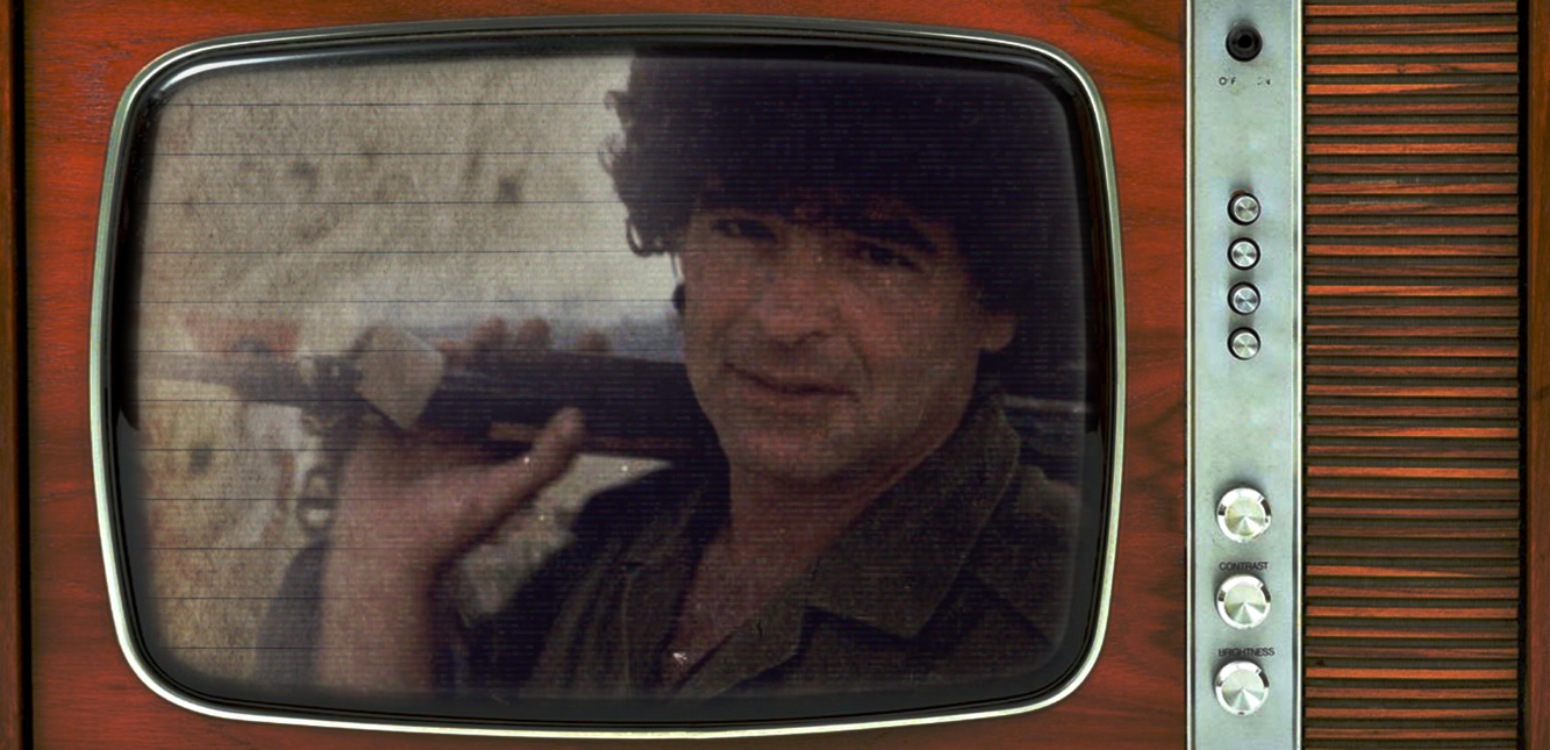The winter festival of Novy God has experienced a renaissance among olim from the former Soviet Union
A fir tree, a grandfather-like figure in red-and-white clothes, and a family dinner in the last week of December might sound like Christmas, but for olim from the Former Soviet Union (FSU) in Israel, it’s something entirely different: Novy God (New Year). Born in the Soviet Union during the 1930s and 1940s as a secular alternative to Christmas, the holiday became a cherished and unifying celebration for families throughout the Soviet era. Featuring school performances, workplace parties, and television specials, Novy God was a time when people from all walks of life came together to celebrate, even during the most challenging years of Communism. Today, this tradition has not only survived but experienced an unlikely revival in Israel.
At first, in the 1970s, Novy God, which takes place on New Year’s Eve, wasn’t celebrated by the olim from the Soviet Union. If people celebrated, they did so privately, as they were worried Israelis would mistake the festival for Christmas (which today, most Israelis are no longer hostile towards). Once, there was even a petition calling for a mall to remove its “Christian” Novy God decorations. Now, though, the festival has gone mainstream, with Israeli politicians routinely releasing clips saying S Novim Godom – “Happy New Year” in Russian.
The origins of Novy God lie in the Soviet Union's efforts to suppress religious holidays. In 1929, the Communist Party abolished Christmas and other religious celebrations as part of its state atheism policy, denouncing the Christmas tree as a bourgeois relic. In 1935, Soviet politician Pavel Postyshev, who was in Stalin’s inner circle until falling victim to the Great Purge, proposed turning New Year into a secular family holiday. Borrowing from Christmas traditions, the Soviets introduced yolka (Christmas trees) to symbolize happiness and prosperity, and Ded Moroz (Father Frost, or Grandfather Frost to be more precise), a Santa Claus-like figure, as the bringer of gifts, accompanied by his granddaughter Snegurochka (the Snow Maiden).
Novy God soon became a cultural cornerstone, with traditions like decorating the tree with cotton snow and foil “rain,” exchanging greeting cards, and watching festive Soviet television shows. Although secular, these customs were infused with joy and community, making Novy God one of the most important family holidays across the USSR. Even after the Soviet Union’s dissolution, the nostalgia and warmth of the celebration remained deeply ingrained in post-Soviet identity.
The festival is refreshingly simple. Families and friends gather for Novy God dinners, which usually feature traditional Russian foods like Olivier salad, selyodka pod shuboy (“herring under a fur coat”), caviar sandwiches, and kholodets, a savory gelatin made with meat stock or broth. Some family members might dress up as Grandfather Frost and his granddaughter the Snow Maiden.
A special Novy God Shabbat
The revival of Novy God in Israel has been led over the past decade by Russian-speaking Israelis in their thirties and forties who came to Israel in their childhood and refer to themselves as Generation 1.5. By proudly celebrating Novy God, they aim to remove any lingering stigma attached to the holiday. This has involved explaining to the Israeli public that Grandfather Frost is not Santa and yolkas are not Christmas trees. They have also invited non-Russian Israelis to celebrate with them, and the festival has now taken its rightful place alongside the Moroccan Mimouna and Ethiopian Sigd in the public’s consciousness, even though, unlike those celebrations, it’s not a Jewish festival.
Rabbi Binyamin Minich, who leads the Kehilat Daniel synagogue in Jaffa, made aliyah from Crimea aged 15, and is now 37. Minich explains: “Novy God became more important to me after the army, and especially after I got married. We began with a small tree, which we would only put up after December 25 and take down before January 6 [Orthodox Christmas], so that nobody took it for a Christmas tree. One third of the synagogue’s members are of FSU background. We don’t celebrate Novy God as a community but of course a lot of people celebrate at home.” Another Novy God tradition is special television shows and movies. Rabbi Minich explains: “There were old Soviet movies about Novy God, but then they kept making Novy God movies even after the fall of the Soviet Union, while at some point Home Alone became very popular!”
In 2022, when Novy God took place on Shabbat, Kibbutz Ein Tzurim, a religious kibbutz in southern Israel, held a special Novy God Shabbat featuring candle lighting and zakuski – a selection of alcohol and Russian small plates. “All of these winter festivals – Chanukah and Christmas and Novy God – have their own place,” Rabbi Minich says. “Each year I teach the Talmudic text about Adam and Eve’s celebration of light during winter.”
No contradiction
Alexandra Mandelbaum Kupaev, a research fellow at the Hartman Institute, where she leads a seminar focused on FSU Israelis, calls Novy God “a small and practical festival, a private festival, of a person and their home, without God or big narratives.” There’s no contradiction between being a religious Jew and celebrating the festival. “As a religious person, I don’t feel the same feelings as I do on Jewish festivals. We’re celebrating the nostalgia that, despite the difficulties of the Soviet world, we had something beautiful and hopeful and genuine and real.” One difference with Contemporary Israeli celebrations of Novy God differ from the old traditional approach in that few now watch the president’s speech before counting in the new year (due to widespread opposition to Putin). “It’s a very self-aware nostalgia,” Mandelbaum Kupaev says, “with a lot of humor.”
And while she acknowledges the importance of Generation 1.5’s efforts to remove the stigmas associated with the holiday, she doesn’t now share the same urgency to celebrate with non-Russians. “For many years I didn’t celebrate it because I came from a religious family, and they considered it to be Christian. In the last few years, though, I returned to this holiday with my husband and children, even though he is a sabra and my kids don’t speak Russian. We’re celebrating our post-Soviet identity – we’re not hiding it anymore.”
Mandelbaum Kupaev notes that Israel lacks a layer of civil culture to bind everyone together, except for Yom Haatzmaut, while there’s no shortage of religious holidays. “It took a whole generation to realize it’s fine to celebrate Novy God without all this baggage. Israelis themselves need a tree to rest under, to be happy for no reason.”
S Novim Godom!
Main Photo - Family celebrating winter holiday together\ Envato Elements By svitlanah
